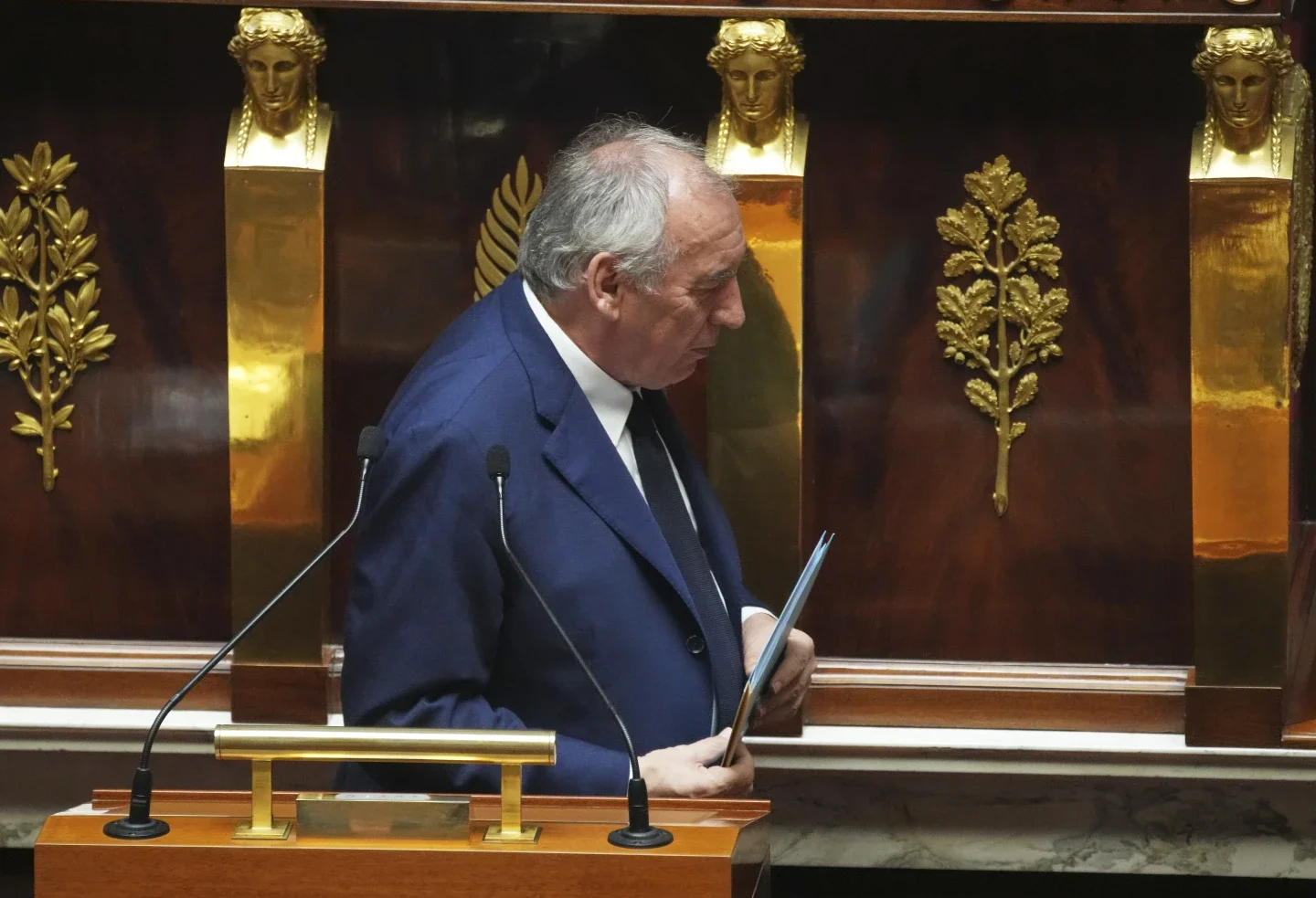France
Written by: Ameen Javed
Summary:
France has long been a land of revolutions — from 1789’s storming of the Bastille to the student and worker uprisings of May 1968. Under the Fifth Republic, established in 1958, governments have been relatively stable. But that stability has now been shaken, having faced yet another political upheaval. The government of Prime Minister François Bayrou collapsed on September 8th, 2025, after losing a crushing no-confidence vote in the National Assembly.
Bayrou, a centrist veteran and leader of the Democratic Movement party, was appointed by President Emmanuel Macron in December 2024. At the time, Macron turned to him as a steady hand to calm a fractured parliament. But less than a year later, Bayrou’s minority government has fallen — the vote tally, 364 to 194, leaving little doubt about lawmakers’ rejection of his leadership.
Analysis:
At the heart of the collapse: Bayrou’s austerity budget. The plan sought to cut €44 billion in public spending, targeting holidays, pensions, and social programs to rein in France’s soaring debt, which now stands at 114 percent of GDP. The response was swift and unified: Both the far-left and the far-right, normally bitter enemies, joined forces to vote him out.
As the Financial Times reported, “The rejection of the budget was not just a rejection of austerity. It was a rejection of the minority government’s ability to govern at all” (Financial Times, Sept. 10, 2025).
Analysis 2:
But the impact goes beyond parliament. Fitch Ratings, one of the world’s major credit agencies, downgraded France’s credit rating from AA- to A+ (Reuters, Sept. 14, 2025). Here’s what that means: credit ratings work like a report card for governments. The closer to AAA, the more reliable and stable a country looks to investors. France’s move downward signals to global markets that lending money to Paris has become riskier. That, in turn, can drive up borrowing costs for the French government, making it more expensive to finance everything from public services to infrastructure.
On the streets, unrest is already brewing. Unions have called strikes, warning that austerity will “break the French social model” (AP News, Sept. 9, 2025). The downgrade, combined with political chaos, only fuels uncertainty.
For President Macron, this is the fourth prime minister he has lost in about a year. The challenge now is not just appointing a replacement, but finding someone who can govern a parliament where no bloc holds a majority — and restore credibility abroad while avoiding unrest at home.
France has endured many political storms, but this one comes at a time of economic fragility and deep social division. The next steps could determine whether Macron’s presidency regains stability — or sinks deeper into crisis.


